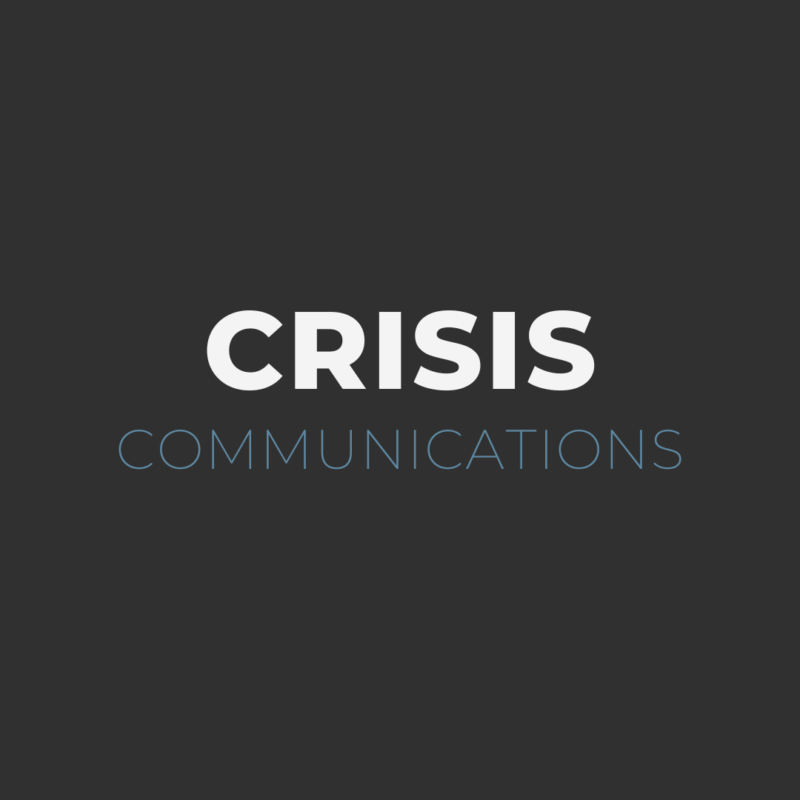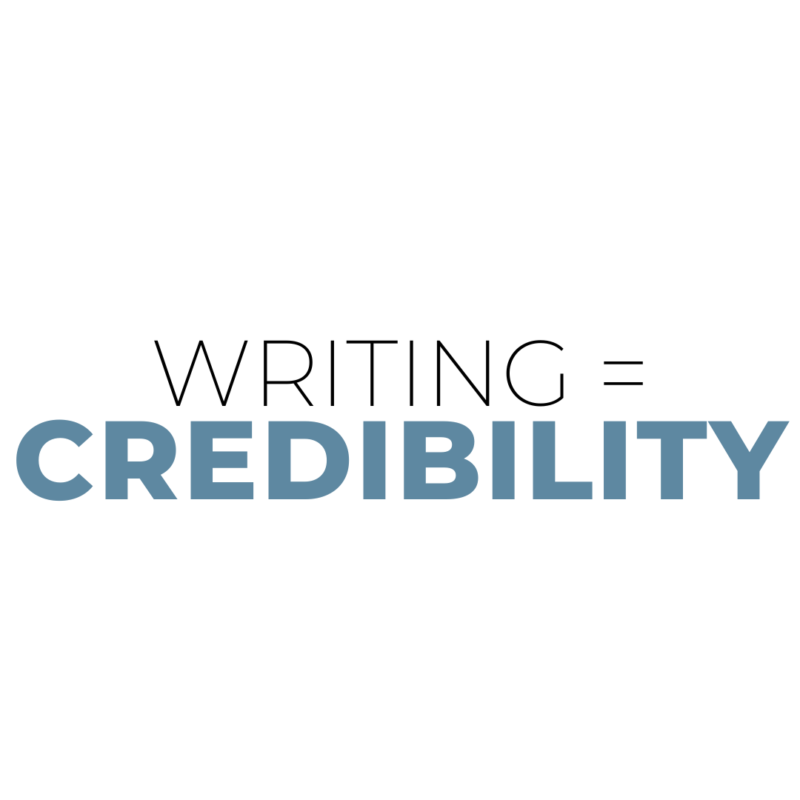How to Choose (or Be) a Good Spokesperson
From political races to crisis situations to paid endorsements, choosing (or being) a spokesperson is a tough job. Some people, like company presidents or CEOs, expect to serve as spokespeople. Others are thrust into it unexpectedly.
But even for those who expect to be spokespeople, what if the situation to which they’re speaking is unexpected or unprecedented? How can they be sure they will be successful? And, when is it appropriate to choose someone other than the CEO to make a statement? When choosing or training a spokesperson, consider the following.
1. Follow the key messages.
Identifying the key messages is priority No. 1 for any situation that may require a spokesperson. However, if your spokesperson doesn’t follow, understand or remember the key messages, they aren’t doing you much good. It’s even worse if the spokesperson chooses not to follow them. Make sure your spokesperson is on board with what you’ve decided to say before any interviews occur.
2. Confirm your spokesperson has in-depth knowledge of the situation.
It’s important that a spokesperson knows everything that could affect the situation, from recent studies to public activity. You don’t want to send your spokesperson out to say you’ve done no wrong only to be surprised by a study that says otherwise. (Anyone seen the Honest Company’s latest debacle?) Even if you hope certain information doesn’t turn up in an interview, your spokesperson should be prepared for anything.
3. Be kind.
No matter what’s going on, it’s important that spokespeople don’t lose their cool. Beyond that, they should be nice! It’s difficult to be angry with someone you like. This goes beyond the spokesperson to anyone who represents the organization, officially or unofficially. Just because a rogue group of people banded together to support your cause doesn’t mean they don’t appear to speak for you. Revisit key messages if you need to denounce or proclaim support for such groups.
4. Watch how you speak.
A spokesperson’s vernacular can make or break any interview. First, he or she should not be afraid of a silent pause. Filling empty time with “um,” “uh” or other filler words can make a spokesperson seem unsure of the message. Spokespeople also should avoid speaking too quickly or using jargon that is beyond the audience’s understanding. This can also include something like accent or body language, which may play into likability. Rightly or wrongly, someone seen as an “outsider” may not seem as trustworthy to some groups.
5. Walk the walk.
Finally, a spokesperson’s actions can make or break his or her success. A spokesperson’s involvement with various outside organizations, personal behavior or political donations may all play into whether the audience feels the spokesperson can be trusted. Perhaps people may have had more sympathy for Talia Jane if a fellow millennial had not called her out for posting pictures of expensive bourbon all over her Instagram account! This spills over to other types of spokespeople, too. How quickly did Subway drop Jared Fogle after his arrest? You don’t want your spokesperson to be disliked or controversial, so choose wisely.
*Photo courtesy missionmode.com


